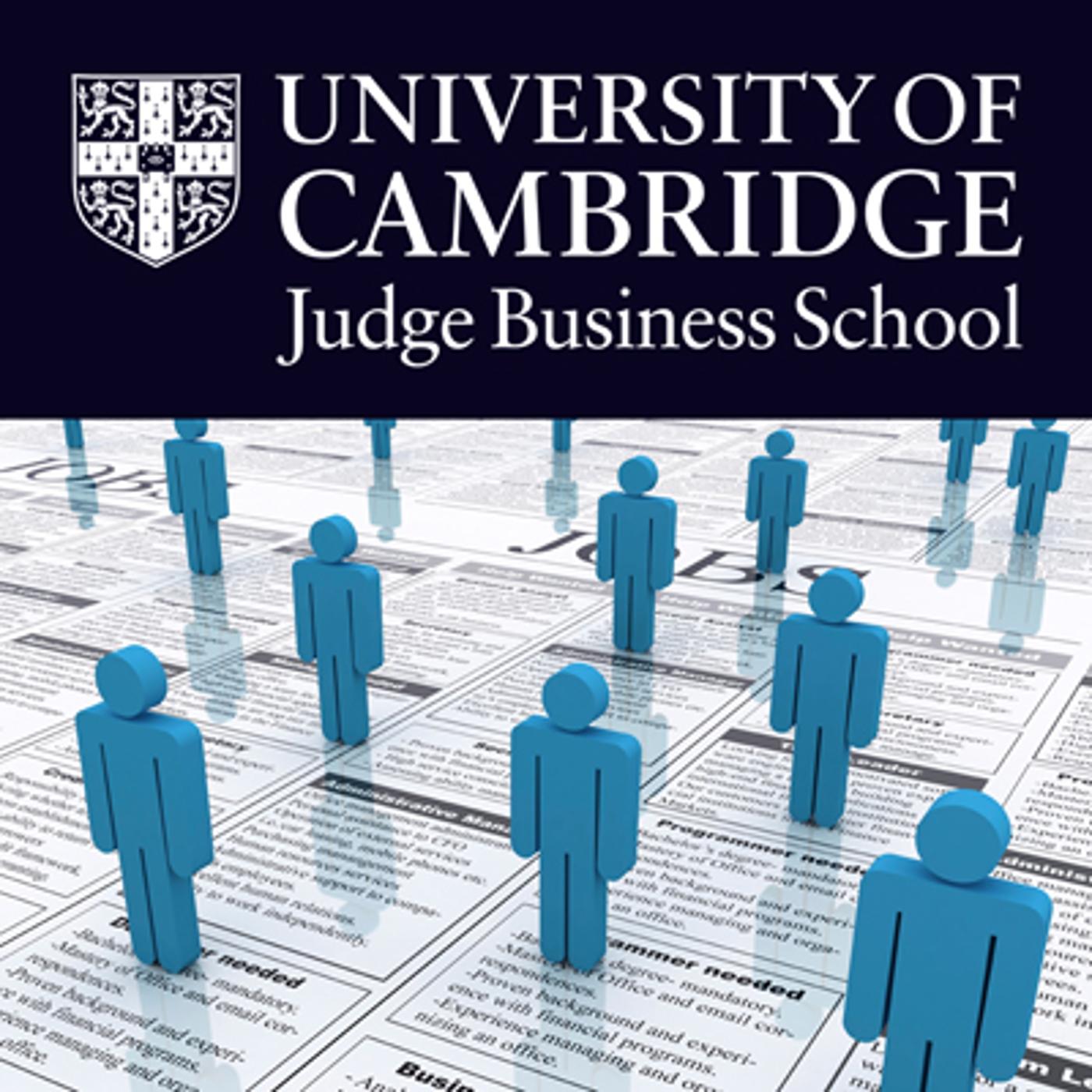Episodes
Is it shaped by social imperatives or should it be held as an economic negotiation? Dr Jonathan Trevor discusses this contentious issue, calling for an increase in transparency and more direct dialogue and consensus between shareholders and executives on what constitutes good governance as opposed to a reliance on using intermediary bodies: "We need to bridge the gap between the interests of shareholders and the interests of the executives. One size does not fit all and it is where we have...
Published 06/15/10
Let's have less pride, and more shame, in the workplace: In the current climate, where business has almost become an ethics-free zone, Dr Stiles talks about his new research which looks at the negative emotion of shame and how he discovered that used properly, it can actually play a positive role in the workplace in helping both to motivate people and to encourage them to regulate their behaviour. He says, "Shame is always seen as a negative emotion. But in fact there are some positives for...
Published 06/15/10
In these credit crunch times, organisations need to be able to act smarter and effectively do more with the less. Highly motivated and talented people will therefore be at a premium. However, what makes these individuals creative and innovative can also make them tricky to manage. So, how should organisations best maximise these volatile and strong willed premium resources? Dr Mark de Rond, drawing on his unique research into the team dynamics of the Cambridge boat team, offers advice on how...
Published 06/15/10
Professor Martin Kilduff considers how our effectiveness in our jobs is influenced by our social networks. His paper "Job Design: A Social Network Perspective" is an Aladdin's cave of good tips for managers and employees alike. Professor Kilduff explains how our colleagues around us and our informal groupings in the workplace play a significant role in how effectively we carry out our jobs.
Published 06/15/10
We think of effective human resource management (HRM) as the means to value creation, organisational performance and competitive advantage, however, we understand much less well how ineffective HRM can inhibit organizational performance, destroy value and competitiveness. Dr Jonathan Trevor takes the current financial crisis and explains how it is an example of a human capital crisis. He argues that it had its genesis in the failure to manage human resources effectively, be they executives of...
Published 06/15/10
As we enter a more remote, more atomised working future Dr Jonathan Trevor says it offers new opportunities.
Published 06/11/10
Jochen Menges, Lecturer in Human Resources and Organisations, says the new epidemic affecting us is speed. He explains that simply working harder isn't always good for profitability. It can lead to what he calls "the acceleration trap" and organisational burn out. Breaking free of that "speed" trap is the challenge facing managers. Now is the time to ask: "what can I stop doing?"
Published 06/09/10


